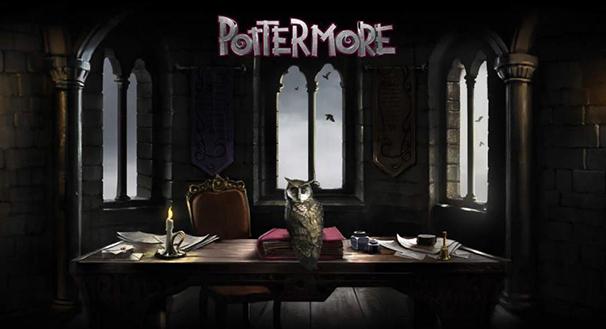
As any true sports fan knows, the 2014 Quidditch World Cup is currently underway. While this is an event most closely followed by the wizarding community, it also has the muggle world abuzz because it means there is more writing from J.K. Rowling.
These wizarding sports stories appear on Pottermore, a website Rowling created to enhance the Harry Potter experience. They are set up in the format of sports coverage from The Daily Prophet, the Potter-verse newspaper, and written by Ginny Potter — née Weasley — who is the paper’s Quidditch correspondent.
Three years ago, Rowling said all future writings about her fantasy universe would appear on Pottermore electronically. Despite this, it was recently announced that Rowling is writing three “Harry Potter” spin-off films. The trilogy, based on her short book “Fantastic Beasts and Where to Find Them,” will be set 70 years before Harry Potter attends Hogwarts.
However, Rowling is not alone in using different forms of media to expand a fantasy universe. “The Walking Dead,” a zombie survival story created by Robert Kirkman, Tony Moore and Charlie Adlard, began as a comic series and has been successfully adapted to both television and video games.
Continuing on a comic book theme, the Marvel Universe has grown to an impressively comprehensive size. With TV shows, movies and, of course, comic books, Marvel has led a successful invasion into all aspects of pop culture.
It is easy to see that expanding a fictional universe into new media is generally beneficial — it attracts new fans, delights old ones and makes boatloads of cash for the creators. Yet, it also has its detractors.
Perhaps the largest, most convoluted and most controversial fictional universe is “Star Wars.” Including books, comics, movies, radio dramas, video games and TV shows, the “Star Wars Expanded Universe” has invoked several debates among fans. Most of these have been about what is and what is not canon. To help resolve this, Lucasfilm revealed on April 25 that all of the Expanded Universe would be henceforth connected, creating one coherent “Star Wars.”
It is a good idea for authors to branch out into new media, but they must be careful. Whenever a canon is expanded, it immediately attracts intense scrutiny from loyal fans.
In the case of Rowling, putting the name “Harry Potter” on new work is sure to bring it attention. If she is able to bring back the magic with “Fantastic Beasts,” it will no doubt be a wonderful addition to her magnum opus. Unfortunately, it only takes one bad movie to destroy the entire universe.
A version of this article appeared in the Thursday, May 1 print edition. Thomas Devlin is a copy chief. Email him at [email protected].























































































































































